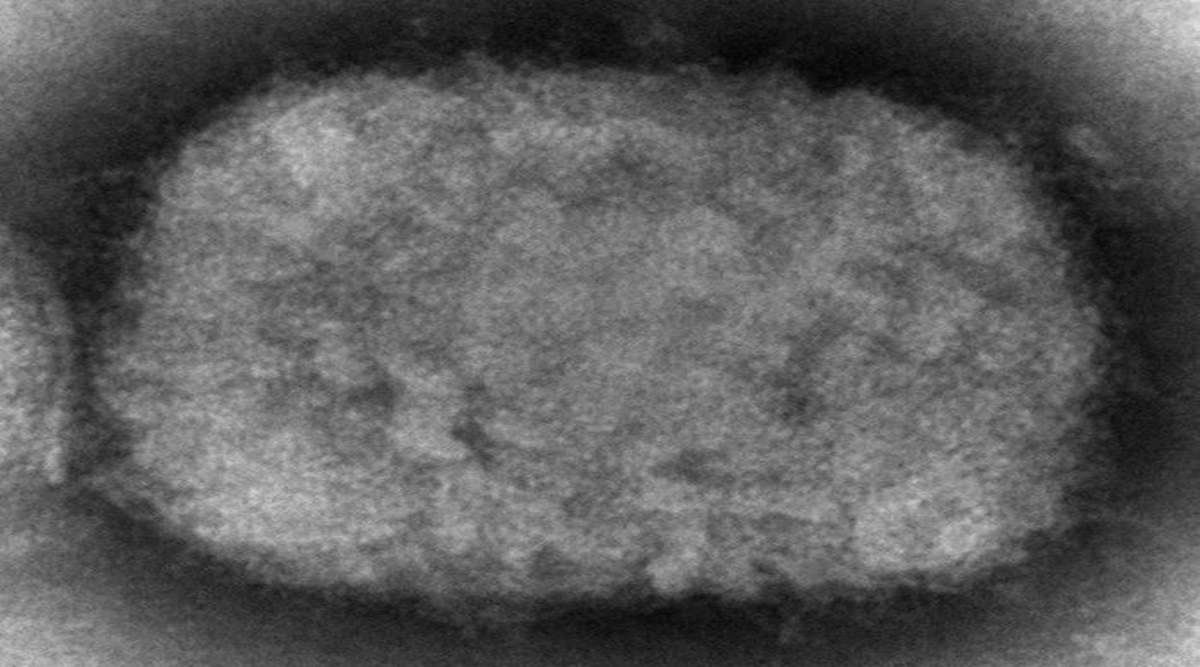Globally, Monkeypox cases are on the rise, with countries like Ireland and Finland reporting their first Monkeypox case, according to Reuters.
The current toll is over 220 confirmed cases in over 19 countries, yet no deaths have been reported so far. The World Health Organization (WHO) has warned that the confirmed cases might just being the “tip of an iceberg.”
What is monkeypox?
The Monkeypox virus is an orthopoxviral that causes a disease similar to smallpox, but it’s less severe than smallpox. It is zoonosis, a disease which is transmitted from animal to human and which primarily occurs in tropical rainforest areas of central and west Africa.
It was first identified in monkeys back in 1958. Then in 1970, the first case of monkeypox was reported in humans, in the Democratic Republic of the Congo.
Transmission
The transmission of animal-to-human diseases can be acquired via direct contact with blood, bodily fluids, or lesions on the skin or mucosal of animals infected with the disease.
Human-to-human transmission can also occur from close contact with respiratory secretions, skin lesions, or recently contaminated objects, putting health workers at heightened risk.
However, it is observed that monkeypox is usually a ‘self-limited’ disease with symptoms lasting from 2 to 4 weeks, with a case fatality ratio around 3-6%.
Common symptoms
The symptoms of monkeypox are quite similar to yet not as severe as smallpox. The symptoms usually begin with fever, headache, exhaustion, and muscle ache. The fundamental difference between smallpox and monkeypox is that monkeypox causes lymph nodes to swell whereas smallpox does not.
Vaccine
Vaccines used for the smallpox eradication programme have provided protection against monkeypox as well, although the vaccine was discontinued in the 1980s following the eradication of smallpox.
Presently, the first-generation smallpox vaccine might not be available to the general public however, emergency stockpiles are maintained by many countries.
Furthermore, newer vaccines have been developed, of which one has been approved for the protection against monkeypox.

